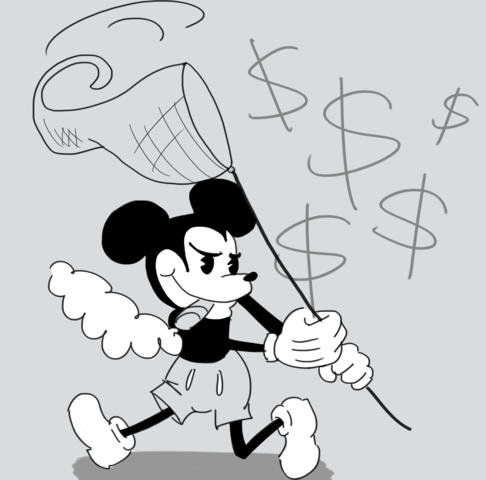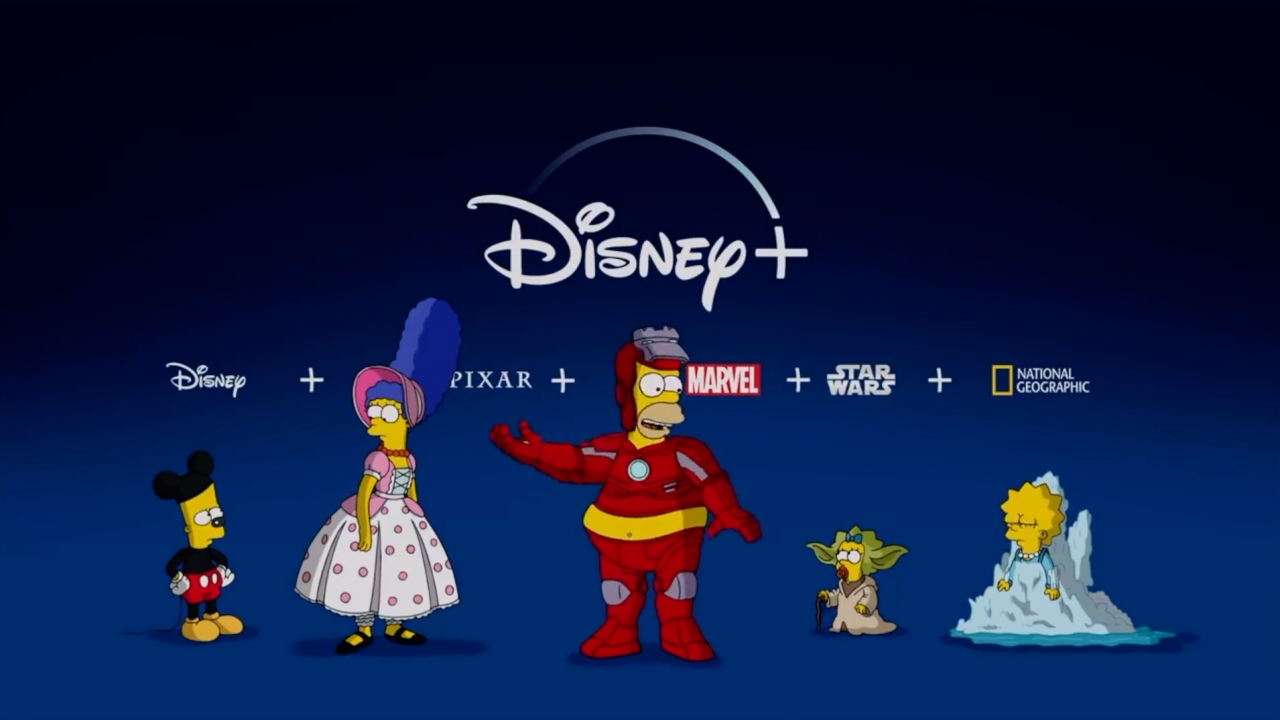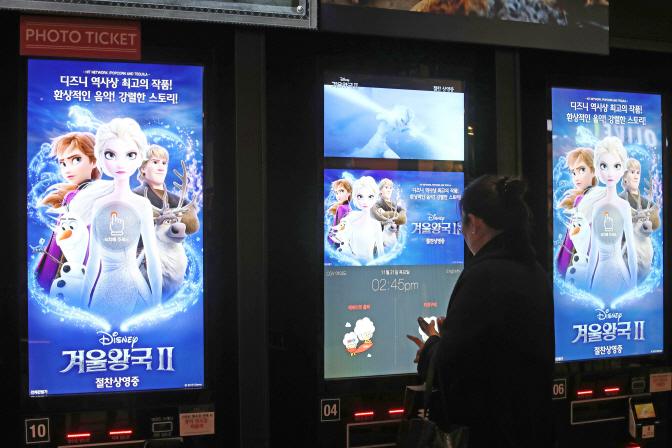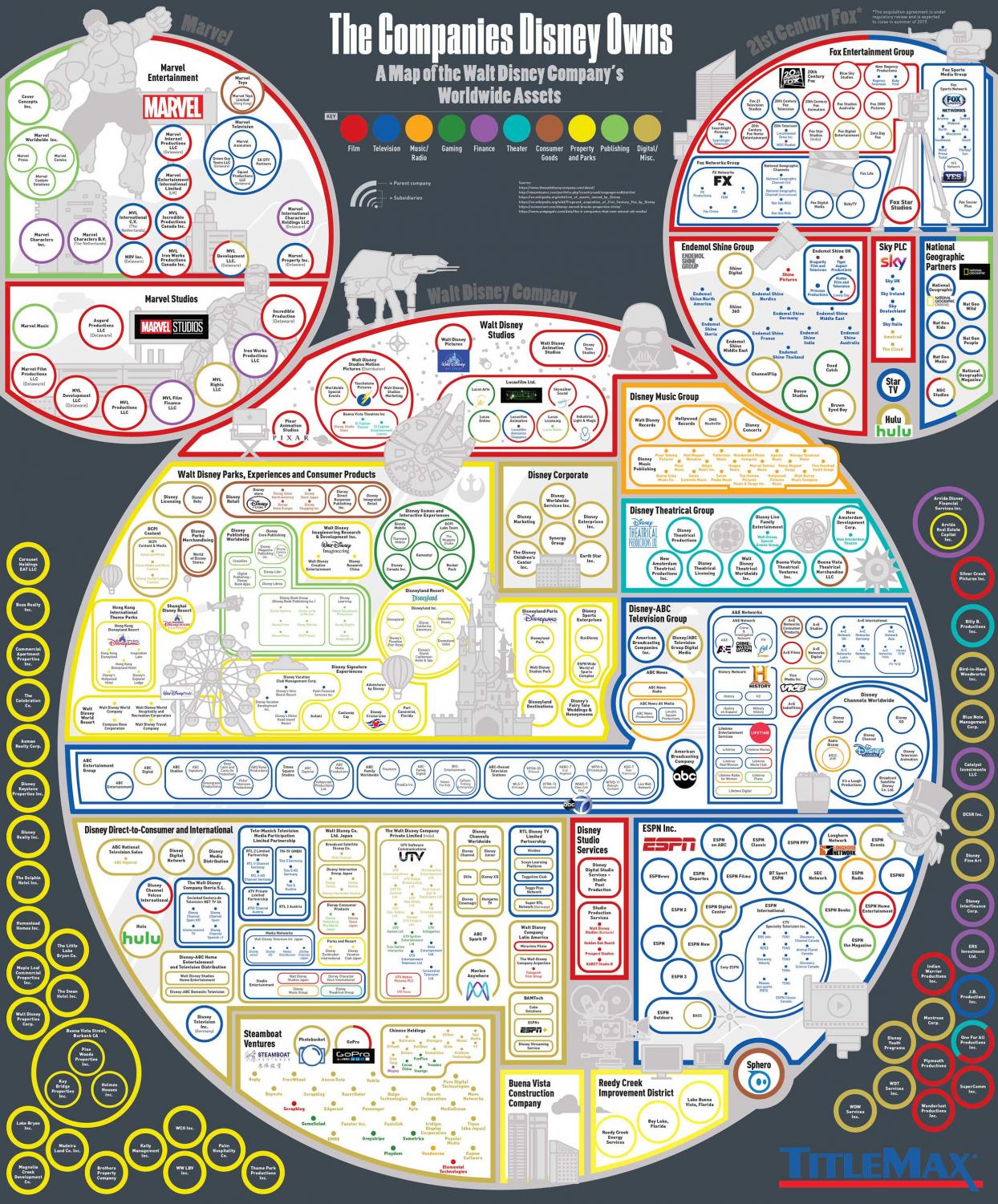Mitigating the Mouse: It’s Time For Disney to Diminish
A war on cultural hegemony must be waged.

January 17, 2020
In the United States, during the late 1800s to the early 1900s, a significant few shifts became a part of the law; with the growing threat of monopolies, cartels, and trusts, there was a growing worry as to how the common consumer would be affected in how they go about their lives, and how much money was held by the ruling class in comparison. This worry was entirely justified, as adjusting for inflation, John D. Rockefeller, of the Standard Oil Company, remains the single richest American to have ever lived, having potentially $400 billion in net worth in today’s money. Compare that to the richest of the rich living now, like Bill Gates and Jeff Bezos, who both have somewhere around $110 billion, and more and more people would probably understand how utterly ridiculous this accruement of wealth appears to be.
In response to this inconceivable amount of money being controlled by one man and his company, who employed all means necessary to destroy competitors, the US’s antitrust laws were employed in an effort to split up the power of Standard Oil into various other companies sharing its original responsibilities on a vastly less powerful level. Many of these companies, including ExxonMobil and Chevron, are still alive and utterly thriving today. This brings us to the question: when are the enormous companies of similar power today going to face the same scrutiny?
 The Walt Disney Company is no stranger to wealth and influence. In the past decade, they have acquired the ownership of various other well-known properties and companies, such as Lucasfilm (in other words, Star Wars), Marvel, and 21st Century Fox. All of these companies have been long established as cultural monoliths, with Marvel being a leading force in the comic book industry for over 70 years, which itself has expanded into film and television, and Fox owning various other networks such as National Geographic, and the longest-running prime time TV show of all time, The Simpsons. This has become what many would consider a trust – a group of business interests feeding off of and supporting each other in an effort to diminish the efforts of smaller, weaker business opponents. Standard Oil was responsible for it with their aggressive pricing schemes and domination of the market in much the same way that Disney pushes their movies in nearly every theater in the country with a hefty budget for merchandising. While a 40% control of the US box office during last year does not constitute a monopoly on American legal definitions (which stand at 70-75% control of a market) there is nonetheless an ever-increasing amount of media which Disney dips into in order to continue gaining capital and influence.
The Walt Disney Company is no stranger to wealth and influence. In the past decade, they have acquired the ownership of various other well-known properties and companies, such as Lucasfilm (in other words, Star Wars), Marvel, and 21st Century Fox. All of these companies have been long established as cultural monoliths, with Marvel being a leading force in the comic book industry for over 70 years, which itself has expanded into film and television, and Fox owning various other networks such as National Geographic, and the longest-running prime time TV show of all time, The Simpsons. This has become what many would consider a trust – a group of business interests feeding off of and supporting each other in an effort to diminish the efforts of smaller, weaker business opponents. Standard Oil was responsible for it with their aggressive pricing schemes and domination of the market in much the same way that Disney pushes their movies in nearly every theater in the country with a hefty budget for merchandising. While a 40% control of the US box office during last year does not constitute a monopoly on American legal definitions (which stand at 70-75% control of a market) there is nonetheless an ever-increasing amount of media which Disney dips into in order to continue gaining capital and influence.

But make no mistake, this is much bigger than just the United States. In 2019, the Public Welfare Committee of South Korea sued their country’s branch of the Walt Disney Company just prior to the premiere of Frozen 2, which was screened in just under 90% of the entire country’s theaters. The Committee claims that this is a direct violation of anti-monopoly laws, as a monopoly in South Korea is defined as any company which holds over 50% of the market. They urged the government to “tackle the winner-takes-all cinema market” after not only inundating the country’s box offices, but also pulling attention away from domestically created and other original films such as the prior top film, Chung Ji-young’s Black Money, thereby cementing this as not only an economic issue, but a cultural one.
Nobody in the world would deny that there are an incredible amount of massively talented writers, animators, and other creatives working for Disney and its subsidiaries, but to say that the market has not been overflowing with four-quadrant franchise flicks, sequels, and remakes that typically fail to produce more than a theme park ride’s amount of intellectual and entertainment value is a falsehood. No matter one’s opinion on the quality and value held by the Marvel Cinematic Universe, or Star Wars, or the series of live-action/photorealistic remakes of animated classics, it remains true that the ‘original film’ is not as appreciated artistically and commercially as it once was. Couple this with the commercialism inherent in franchise domination, including the toys and such that make perfect sense, like Iron Man Halloween costumes and Kylo Ren lightsabers, and the economic power that Disney uses to establish themselves as a mainstay in the cultural landscape across the entire world, and a rather upsetting picture is painted on what can be considered worthwhile art.
29 of the 50 highest-grossing motion pictures in the world are properties owned by Disney, only one of which was not made under their jurisdiction over said property, that being Star Wars – The Phantom Menace. This hegemonic grip that the corporation holds is only bolstered by the fact that children and adults alike are enticed by the vast amounts of both cheaply-made and incredibly expensive side content, and now Disney Plus, it is as though the commercials and previews played before a film starts in a theater never actually stop once the movie begins. Coupling this with the increasingly obvious political bias shown in these films (e.g. the MCU’s Spider-Man, traditionally a working class hero, being turned into a lapdog for an uber-rich inventor and only fighting working class villains) it is clear that Disney’s primary interest at a leading level is not in creating art for the sake of art and then reaping their winnings when it succeeds, but simply maintaining power and influence over the thoughts of the people.
There is nothing inherently wrong about enjoying the content made by Disney, not unless one delves incredibly deeply into some philosophical theory that four others have even heard of; but something must be done about such a dominance over not only the box office, but the creative market as a whole. There are infinite creative endeavors that go underappreciated by the audiences that have the potential to enjoy them, and action must be taken to give them the time of day. To leave the work of the masses to a corporation that wants control of them is a frighteningly tyrannical scenario.




